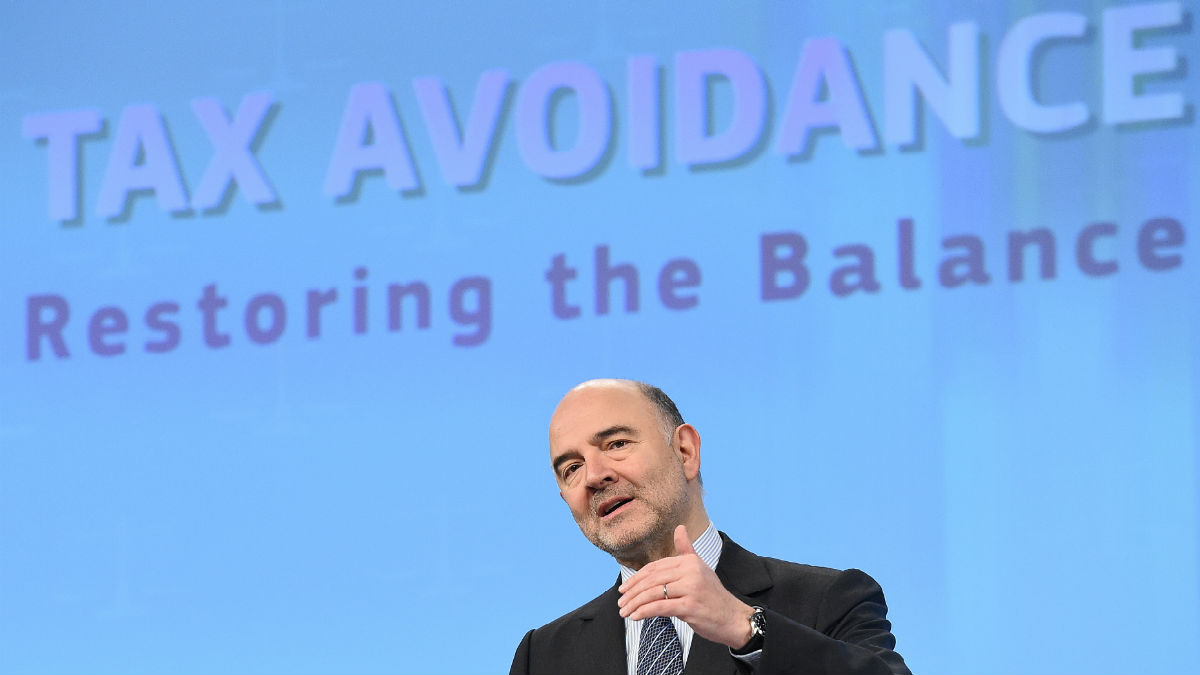EU to force multinationals to publish tax deals
Commission beefs up previous plans to limit disclosure to national governments

A free daily email with the biggest news stories of the day – and the best features from TheWeek.com
You are now subscribed
Your newsletter sign-up was successful
Multinationals will be made to disclose in full their earnings and tax bills in European Union member states in new plans to be brought forward this spring.
Pierre Moscovici, the EU's tax commissioner, has pledged a comprehensive clampdown on companies reducing their tax bills through so-called "sweetheart" deals with national governments. However, last month, the Commission was "heavily criticised" after it proposed only forcing firms to report to the tax authorities in each country on a private basis", says The Guardian.
This followed anger over Google's deal with the UK agreeing to pay £130m to settle ten years' of back-taxes and share awards the company had thought were tax exempt. The European Commission has indicated it may investigate the settlement following a complaint by the Scottish National Party.
The Week
Escape your echo chamber. Get the facts behind the news, plus analysis from multiple perspectives.

Sign up for The Week's Free Newsletters
From our morning news briefing to a weekly Good News Newsletter, get the best of The Week delivered directly to your inbox.
From our morning news briefing to a weekly Good News Newsletter, get the best of The Week delivered directly to your inbox.
Tax has shot up the agenda for Europe's politicians as public unrest grows at the minimal contributions larger companies are making at a time of austerity. Competition commissioner Margrethe Vestager has already ordered Luxembourg, the Netherlands and Belgium to recoup hundreds of millions of pounds from the likes of Starbucks, Fiat and others she says were offered deals so generous as to constitute "state aid".
The EC is also set to rule on the largest case of its type involving Apple in Ireland, which could be worth $8bn (£5.6bn) or even more.
The preponderance of US companies in the crosshairs so far has prompted anger in Washington that its tech giants in particular are being singled out.
But the Guardian says the proposed legislation is designed to target all larger companies that operate across European borders. The plans, which will be presented to politicians on 12 April, are expected to suggest that the full public disclosure requirement is applied to any cross-border business with revenues over a certain level.
A free daily email with the biggest news stories of the day – and the best features from TheWeek.com
The EC has been determined to act a wave since of revelations over how EU taxes were being routinely avoided by funnelling revenues through member state Luxembourg in 2014. Commission President Jean-Claude Juncker is also keen to distance himself from activities that took place while he was finance minister and then prime minister of Luxembourg, between 1995 and 2009.